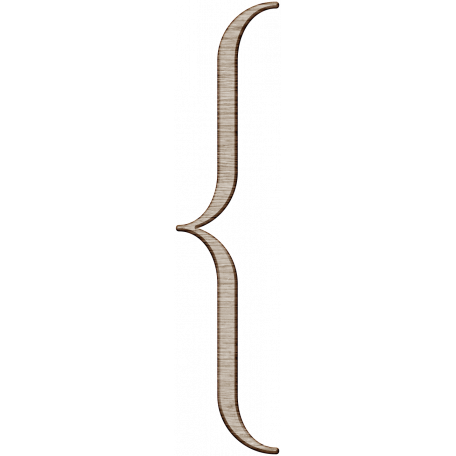The epistemological parabel of the ichthyologist
Sir Arthur Stanley Eddington: The Philosophy of Physical Science (1938)
"Let us suppose that an ichthyologist is exploring the life of the ocean. He casts a net into the water and brings up a fishy assortment.
Surveying his catch, he proceeds in the usual manner of a scientist to systematise what it reveals. He arrives at two generalisations:
1. No sea-creature is less than two inches long.
2, All sea-creatures have gills. These are both true of his catch, and he assumes tentatively that they will remain true however often he repeats it.
In applying this analogy, the catch stands for the body of knowledge which constitutes physical science, and the net for the sensory and intellectual equipment which we use in obtaining it. The casting of the net corresponds to observation; for knowledge which has not been or could not be obtained by observation is not admitted into physical science.
An onlooker may object that the first generalisation is wrong.
“There are plenty of sea-creatures under two inches long, only your net is not adapted to catch them.”
The icthyologist dismisses this objection contemptuously.
“Anything uncatchable by my net is ipso facto outside the scope of icthyological knowledge. In short, “what my net can’t catch isn’t fish.”
Or — to translate the analogy — “If you are not simply guessing, you are claiming a knowledge of the physical universe discovered in some other way than by the methods of physical science, and admittedly unverifiable by such methods. You are a metaphysician. Bah!”
"The Universe is a dream dreamed by a single dreamer where all the dream characters dream too."
~ Arthur Schopenhauer


An "entheogen" is a chemical substance (used in a religious, shamanic, or spiritual contexts) that has the potential to produce profound psycho-spiritual insights and changes. From a philological point of view, the etymology of the neologism “entheogen” is a compound lexeme derived from the ancient Greek ἔνθεος (entheos) and γενέσθαι (genesthai) and translates into “generating the divine from within“ (cf. “enthusiasm”).
The word "science" is derived from the Latin word scientia which meant "knowledge, a knowing; expertness," from sciens (genitive scientis) "intelligent, skilled," present participle of scire "to know," probably originally "to separate one thing from another, to distinguish," related to scindere "to cut, divide" (from PIE root *skei- "to cut, split;" source also of Greek skhizein "to split, rend, cleave," Gothic skaidan, Old English sceadan "to divide, separate"); cf. Vivekananda.